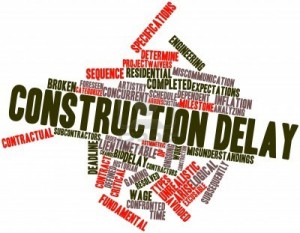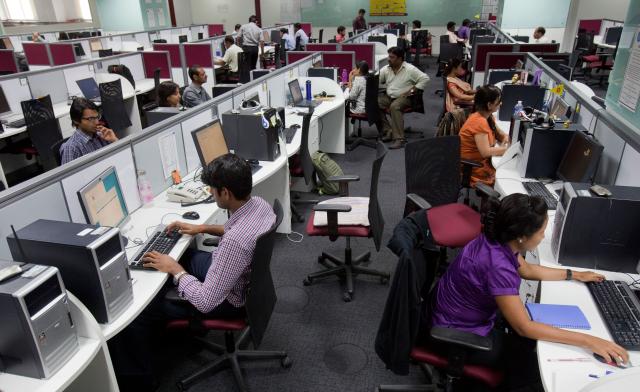
Better eco system needed to check delays
Track2Realty view on project delays The lack of regulations is…

Track2Realty view on project delays The lack of regulations is…

Gaurav Kapoor booked a flat in one of the newly launched projects of Delhi-NCR in early 2007. He was promised the flat would be ready for possession within three years with a grace period of six months. To play safe Gaurav even opted for a construction linked payment plan to the developer but six years have gone and he is yet to get his flat and every time he has approached the developer, various reasons for delay have been cited from macro economic conditions to funding woes and approval delays on part of the government agencies.

One-sided builder-buyer contract, late delivery of the possession and poor quality of construction is an accepted reality in the Indian real estate. A prominent developer in Noida Extension is reportedly forcing its buyers to sign the modified apartment buyer contracts with extended possession date and reduced penalty for delay in handing over the apartments. “Otherwise, we are ready and willing to refund the entire booking amount along with 11 per cent interest, without any deductions,” says the forwarding of the letter sent to the buyers.

“How long can a sector survive which is borrowing at 48 per cent from private lenders to serve the interest of previous debt raised at much lower rate,” asks a banker. His concern is not without valid reasons. Developers experimented with all funding options but still many of them are now being forced to seek other sources of funding which not only comes at a significantly higher cost but also where the source of fund is unregulated.

In the evaluation of sustainability of a housing market, the absorption of office space is the prime indicator across the world. After all, it is the economic activity and the job magnet that fuels the demand for new houses. The city of Mumbai has always been blessed on that count due to demand and supply dynamics.

When Roshan Abbas, a property broker operating out of Mira Road of Western Suburb, claimed that the region would be the catalyst of housing revival in the Mumbai Metropolitan Region (MMR), many thought this to be claims of a broker glorifying his catchment area. Some of the critics even dismissed it as another marketing stunt on the eve of the festive season of Navratra.

Track2Realty Investment Magnet Report 2015 tries to decode the alphabets of India’s housing market. The editorial team has not invented these alphabetic connotations and everyone in the sector is well aware of the alphabetic practices as well, yet we simplify it for the average investors and homebuyers who often forget the basics that make their fortunes vary. Familiarity with the given A to Z is often the difference between a skilled homebuyer and a novice.

In the last five years of our editorial journey our constant endeavor has been to establish Track2Realty as a constructive critic of Indian real estate. In the process we have also succeeded in setting up a few benchmark along the way where Track2Realty has been accepted as the milestone of high quality journalism.

In a price-sensitive market like Pune, affordable housing is always in demand. The city’s working and earning middle class is constantly on the lookout for good homes available within their budget. This festive season, the Pune market is showing signs of increased activity as always, but the onus is on homes which fit people’s budgets.

Weekend homes, also called second homes or vacation homes, are currently an oasis of market activity in India’s the otherwise lacklustre residential real estate sector. In earlier years, only the affluent could and would invest in them – today, these properties are generating interest even from the country’s middle class.
